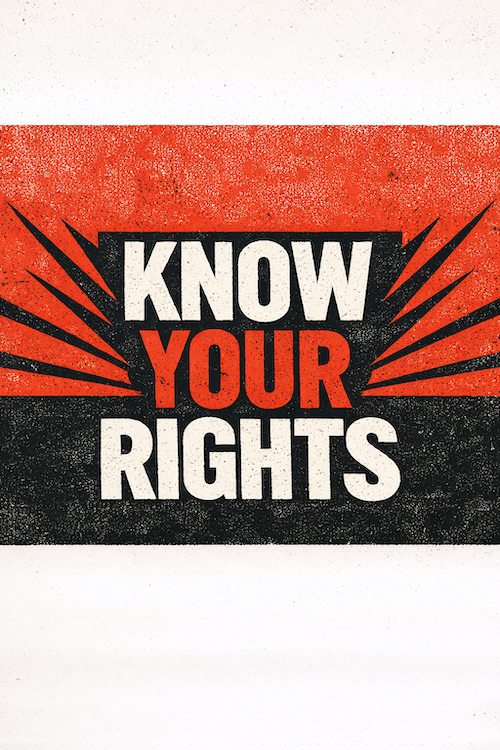Employee’s “Imprecise” Memory is Sufficient if Employer Fails to Keep Records
In Furry v. East Bay Publishing, the California Court of Appeal held that an employee’s “imprecise” memory is sufficient evidence to support his claim for wages and overtime owed when the employer fails to keep accurate records of the employee’s work hours.
The employer in Furry did not keep track of the hours its employees worked. Each employee received a commission statement with each paycheck, but the employee’s pay stub did not show the employee’s hours worked, his hourly rate, his overtime rate, or the amount of any overtime worked. When the plaintiff in Furry sued his former employer for unpaid overtime wages, meal and rest break compensation, and statutory penalties for inaccurate wage statements, the employer could not provide any records showing the days and hours worked by the employee.
According to the Court, “[W]here the employer has failed to keep records required by statute, the consequences for such failure should fall on the employer, not the employee. In such a situation, imprecise evidence by the employee can provide a sufficient basis for damages.” In other words, the employee was allowed to guess or “estimate” the days and hours that he worked. That testimony from the employee, even if it was an “approximation” of reality, was sufficient according to the Court. The burden then shifted to the employer to “either provide a specific detail on the amount of overtime or to disprove by evidence what was not correct with the employee’s figures.”
Because the employer had no records, it could not disprove the employee’s estimations. Therefore, the Court ruled in favor of the employee and ruled that he was entitled to wages and overtime based on his estimates as to days and hours worked.
This ruling, coupled with the 3- and sometimes 4-year statute of limitations for wage claims in California, means that employees can sue their employers and literally guess about how many days and hours they worked over the past 3 or 4 years. If the employer does not have proper time records to disprove those guesses, the employer will pay for all of those estimated hours, whether they were really worked or not by the employee.
You can read the Court’s opinion in Furry v. East Bay Publishing here.
Insights
OUR BLOG


